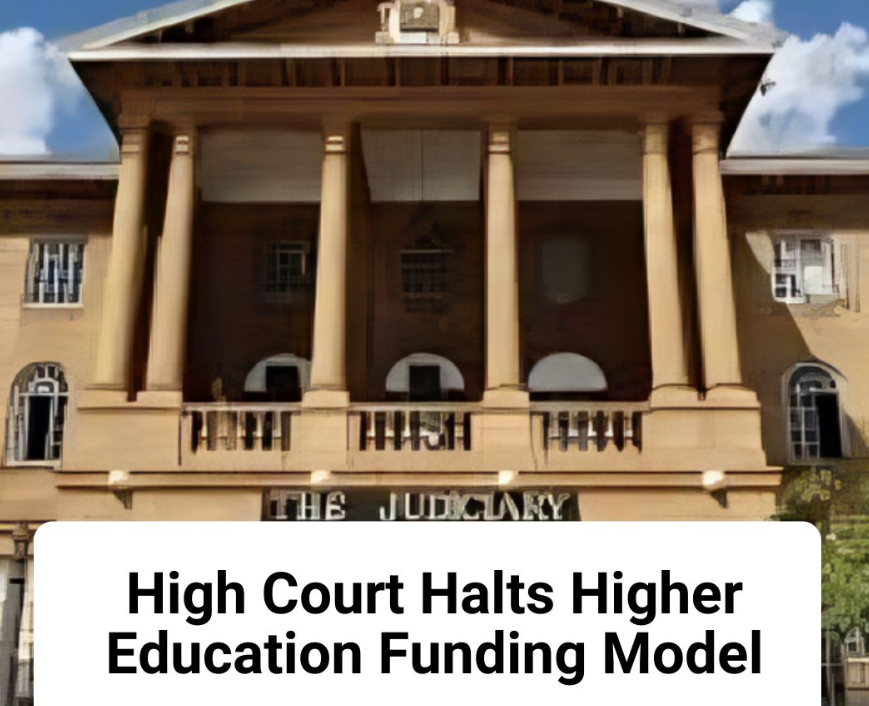The High Court is expected to make a significant ruling today regarding President William Ruto’s flagship university funding model in the education sector, with implications for its future.
Justice Chacha Mwita will address a case initiated by the Kenya Human Rights Commission (KHRC) last year, which contends that the funding model is unconstitutional and does not effectively support underprivileged students.
Opponents of the model have highlighted that it has led to confusion surrounding the selection of TVET courses, resulting in delays for students due to the lack of clear guidance from the Kenya Universities and Colleges Central Placement Service (KUCCPS).
In their petition, they describe the funding approach as “arbitrary, vague, costly, undefined and unlawful,” asserting that it violates the right to education as part of socio-economic rights.
The petition further claims that the respondents have acted unlawfully and beyond their powers in implementing the funding model, to the detriment of numerous university and TVET students and their families.
On October 3, 2024, the court issued a temporary injunction to halt the execution of the funding model while the case, brought forth by KHRC, the Elimu Bora Working Group, and the Students’ Caucus, is resolved.
Justice Mwita stated, “Conservatory orders are issued against the respondents, their servants, agents, and employees from implementing the new education funding model, pending the hearing and resolution of the petition.”
The new funding model divides students into five categories based on their household incomes.
Unlike the previous system, which provided a fixed sum of funds to universities, this model allocates resources according to individual needs, utilizing scholarships, loans, and household contributions.
However, it has faced criticism, with many arguing that it has failed to live up to the expectations of students and their parents.
